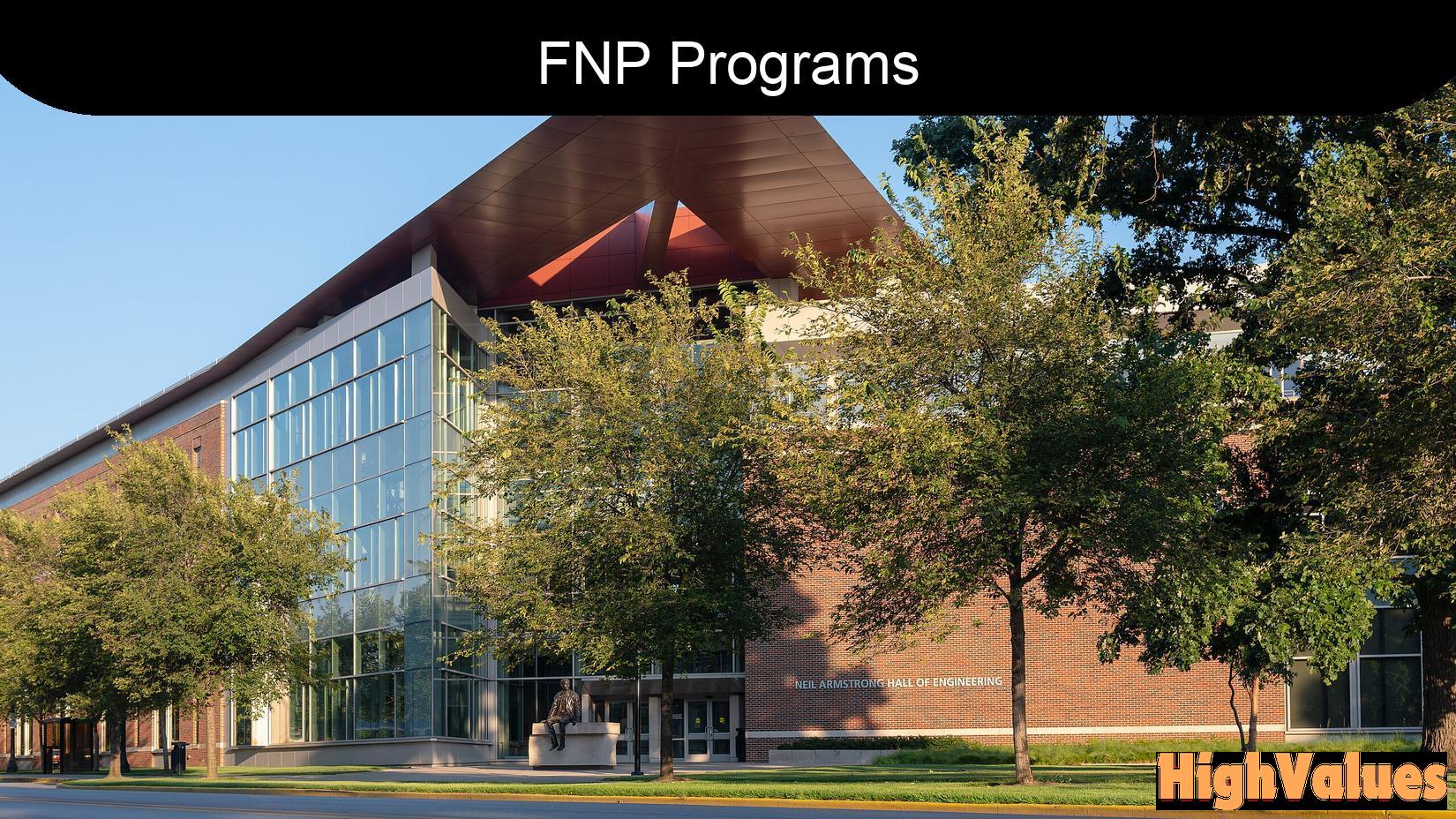Purdue University is renowned for its commitment to excellence in education, and its Family Nurse Practitioner (FNP) program is no exception.
As someone who has explored various educational paths, I can confidently say that understanding the curriculum, costs, and career outcomes of the FNP program is crucial for anyone considering this rewarding field.
Let’s dive into the details!
What is the FNP Program?
The Family Nurse Practitioner program at Purdue University is designed to prepare registered nurses for advanced practice roles. FNPs are essential healthcare providers who deliver comprehensive care to individuals and families across their lifespan.
This program equips students with the knowledge and skills necessary to assess, diagnose, and manage a wide range of health conditions.
Curriculum Overview
The curriculum of Purdue’s FNP program is comprehensive and well-structured, ensuring that students receive a robust education. Here’s a breakdown of what to expect:
Core Courses
- Advanced Health Assessment
This course focuses on developing advanced skills in physical assessment and health history taking. Students learn to perform thorough evaluations and interpret findings effectively. - Pathophysiology
Understanding the mechanisms of disease is crucial for any healthcare provider. This course delves into the biological and physiological processes that underlie various health conditions. - Pharmacology for Advanced Practice
In this course, students explore pharmacological principles and the safe prescribing of medications. It emphasizes the importance of understanding drug interactions and patient safety. - Family Theory and Health Promotion
This course examines family dynamics and the role of health promotion in improving health outcomes. Students learn to develop strategies that support families in achieving optimal health. - Clinical Practice
Hands-on experience is vital in nursing education. The clinical practice component allows students to apply their knowledge in real-world settings under the supervision of experienced practitioners.
Specialty Courses
In addition to core courses, students can choose from various specialty courses that align with their interests and career goals. Some options may include:
- Pediatric Care
- Geriatric Care
- Women’s Health
- Mental Health
Capstone Project
The program culminates in a capstone project, where students demonstrate their ability to integrate knowledge and skills acquired throughout their studies. This project often involves a research component or a practical application in a clinical setting.
Costs of the FNP Program
Understanding the financial commitment involved in pursuing an FNP degree is essential. Here’s a breakdown of the costs associated with Purdue University’s FNP program:
| Expense | Estimated Cost |
|---|---|
| Tuition (per credit hour) | $600 |
| Total Credits Required | 48 |
| Total Tuition | $28,800 |
| Books and Supplies | $1,000 |
| Clinical Fees | $500 |
| Total Estimated Cost | $30,300 |
Financial Aid Options
Purdue University offers various financial aid options to help students manage costs. These may include:
- Federal Student Loans
- Scholarships
- Grants
- Work-Study Programs
It’s essential to explore these options early to ensure you can finance your education without undue stress.
Career Outcomes
Graduating from Purdue’s FNP program opens up a world of opportunities. Here are some potential career outcomes for FNP graduates:
Job Roles
- Family Nurse Practitioner
FNPs provide primary care services, including health assessments, diagnosis, and treatment of acute and chronic illnesses. - Clinical Nurse Specialist
These professionals focus on improving patient outcomes through expert clinical practice and leadership. - Healthcare Educator
FNP graduates can also pursue roles in education, teaching future nurses and healthcare professionals. - Health Policy Advocate
With their advanced knowledge, FNPs can influence healthcare policies and advocate for patient rights.
Job Market Outlook
The demand for nurse practitioners, particularly FNPs, is on the rise. According to the Bureau of Labor Statistics, employment for nurse practitioners is projected to grow by 45% from 2020 to 2030, much faster than the average for all occupations. This growth is driven by an aging population and an increased emphasis on preventive care.
Salary Expectations
FNPs can expect competitive salaries. According to recent data, the median annual wage for nurse practitioners is approximately $117,000. However, salaries can vary based on factors such as location, experience, and specialization.
Why Choose Purdue University?
Choosing the right institution for your FNP education is crucial. Here are a few reasons why Purdue University stands out:
- Reputation: Purdue is known for its rigorous academic standards and commitment to student success.
- Experienced Faculty: The program boasts a team of experienced faculty members who are dedicated to mentoring students.
- Comprehensive Support: Purdue offers various resources, including academic advising, career services, and mental health support.
Conclusion
Purdue University’s FNP program is an excellent choice for those looking to advance their nursing careers. With a comprehensive curriculum, manageable costs, and promising career outcomes, it provides a solid foundation for future healthcare leaders. If you’re passionate about making a difference in the lives of individuals and families, this program could be the perfect fit for you.
In summary, pursuing an FNP degree at Purdue University is not just an investment in your education; it’s an investment in your future. With the right preparation and dedication, you can embark on a fulfilling career that makes a real impact in the healthcare field. So, take the leap and explore the possibilities that await you in the world of family nursing!
